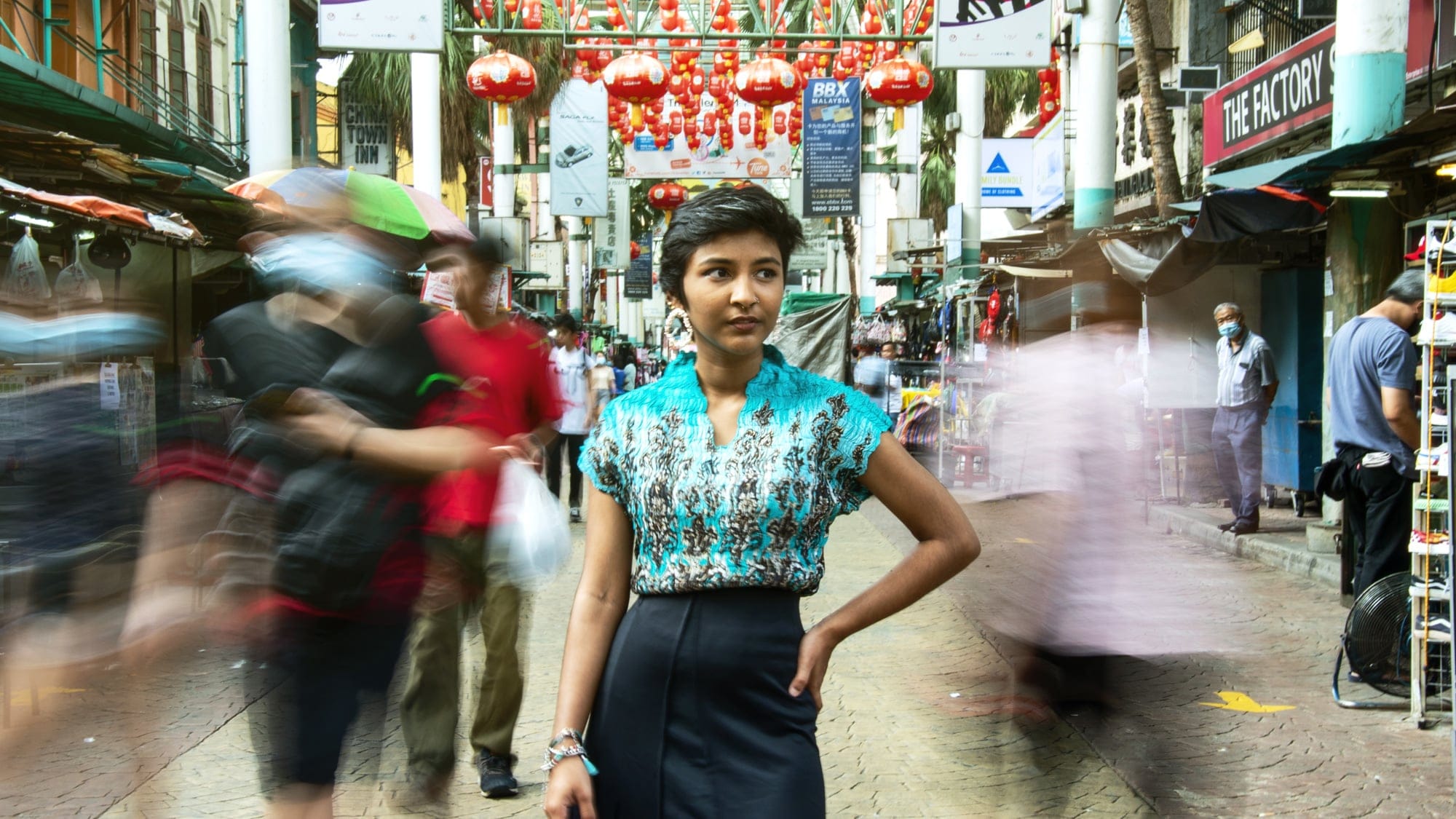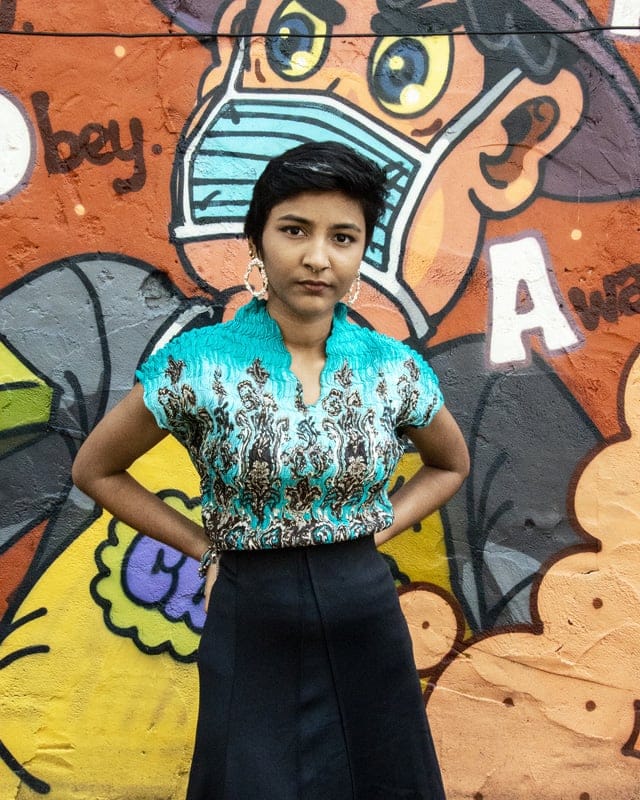
Citizenship is a strong, unifying force for people wherever they live. Conversely, a lack of citizenship status brings disadvantages and inequities that challenge many societies’ sense of fairness.
It can bring out the worst and the best of humanity, and for social campaigners such as recent Monash University graduate Melinda Anne Sharlini, it’s about advocating for change that protects people from the unintended consequences of some citizenship laws.
After graduating with a Bachelor of Psychological Science from Monash’s Malaysia campus in 2019, Sharlini now works as program officer for the country’s Foreign Spouses Support Group (FSSG).
Children born overseas to Malaysian women are generally not granted citizenship, whereas children born overseas with Malaysian fathers can secure citizenship automatically by “operation of law”.
The group works to advance and protect the rights of Malaysians in transnational marriages, and their foreign spouses and children who fall outside citizenship protection.
In some situations this occurs because of an accident of birth. For example, children born overseas to Malaysian women are generally not granted citizenship, whereas children born overseas with Malaysian fathers can secure citizenship automatically by “operation of law”.
And foreign spouses of Malaysian women can only apply for citizenship by naturalisation after a minimum of 10 years of residency.
Sharlini says non-citizenship status or lack of Malaysian legal status means considerable social disadvantage in terms of access to health, education, employment and affordable housing.
People’s lack of Malaysian legal status also forces couples and families to frequently separate: “Non-citizen spouses depend on ‘visa runs’ to neighbouring countries to be able to apply for a long-term social visit pass [LTSVP] so they can continue to live in Malaysia,” Sharlini says.
Pushing for change during COVID-19
This and other inequalities were brought sharply into focus by the COVID-19 pandemic, when non-citizen spouses and children of Malaysians without LTSVPs already in place were stranded overseas for months, unable to apply for return passes under the country’s Movement Control Order.

Reuniting families
Sharlini and the co-founder of FSSG, Bina Ramanand, led an advocacy push that culminated in the Malaysian government announcing that foreign spouses and their children could return to Malaysia, with immigration department approval.
In response, Sharlini and the co-founder of FSSG, Bina Ramanand, led an advocacy push that culminated in the Malaysian government announcing that foreign spouses and their children could return to Malaysia, with immigration department approval.
Not only did the FSSG campaign help to reunite many couples and families, it’s also hoped to “continue building these relationships with government agencies to help advance citizenship law reform in the future”.
Sharlini says her passion for social advocacy, particularly constitutional reform to promote gender equality, originates from her studies at Monash.
Her innate fascination with, and sensitivity to, the human condition led her to study a bachelor’s degree; however, it was her elected position as women’s officer at the University’s Malaysia campus that ultimately defined her early career path.
In this women’s officer role with the student association, Sharlini contributed to two social equality campaigns themed by consent culture, inclusivity and respect.
Immersion in student activism, advocacy and diplomacy at Monash has also equipped Sharlini for the latest developments in her career trajectory. These include election to Parlimen Digital, a Malaysian youth-led online parliamentary sitting, and appointment to the global advisory committee of the Flexibility Resources Inclusivity Diversity Action (FRIDA) – the Young Feminist Fund.
Support for Monash alumni in Malaysia
Your Malaysian-based International Alumni Engagement Manager, Mohammad (Ridzuan) Repin and Sherniera Iman are available to introduce you to and set up networking opportunities with other alumni, corporate partners and recruiters.





